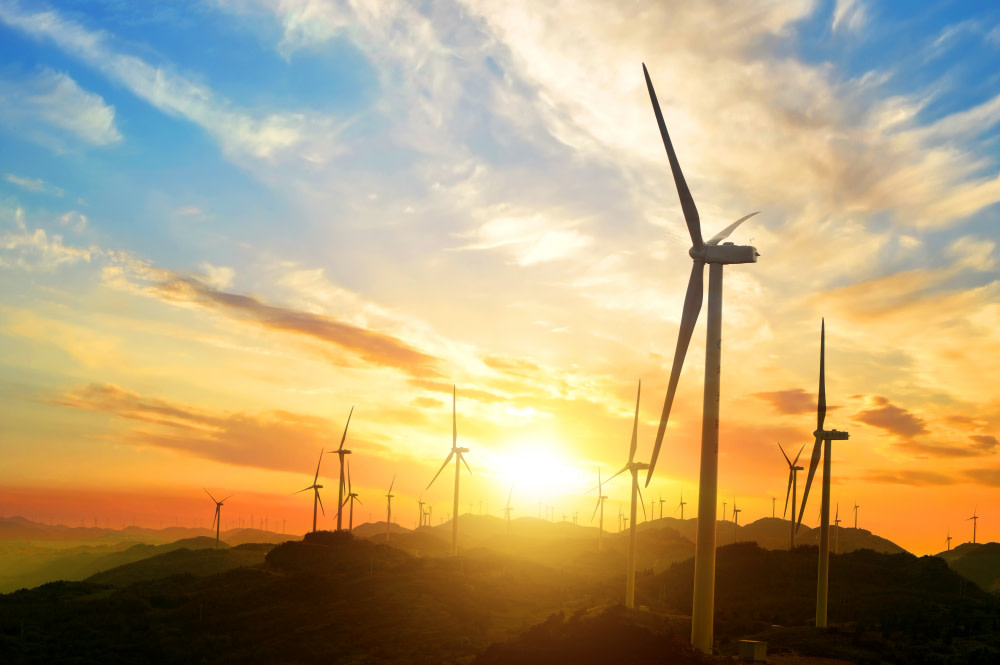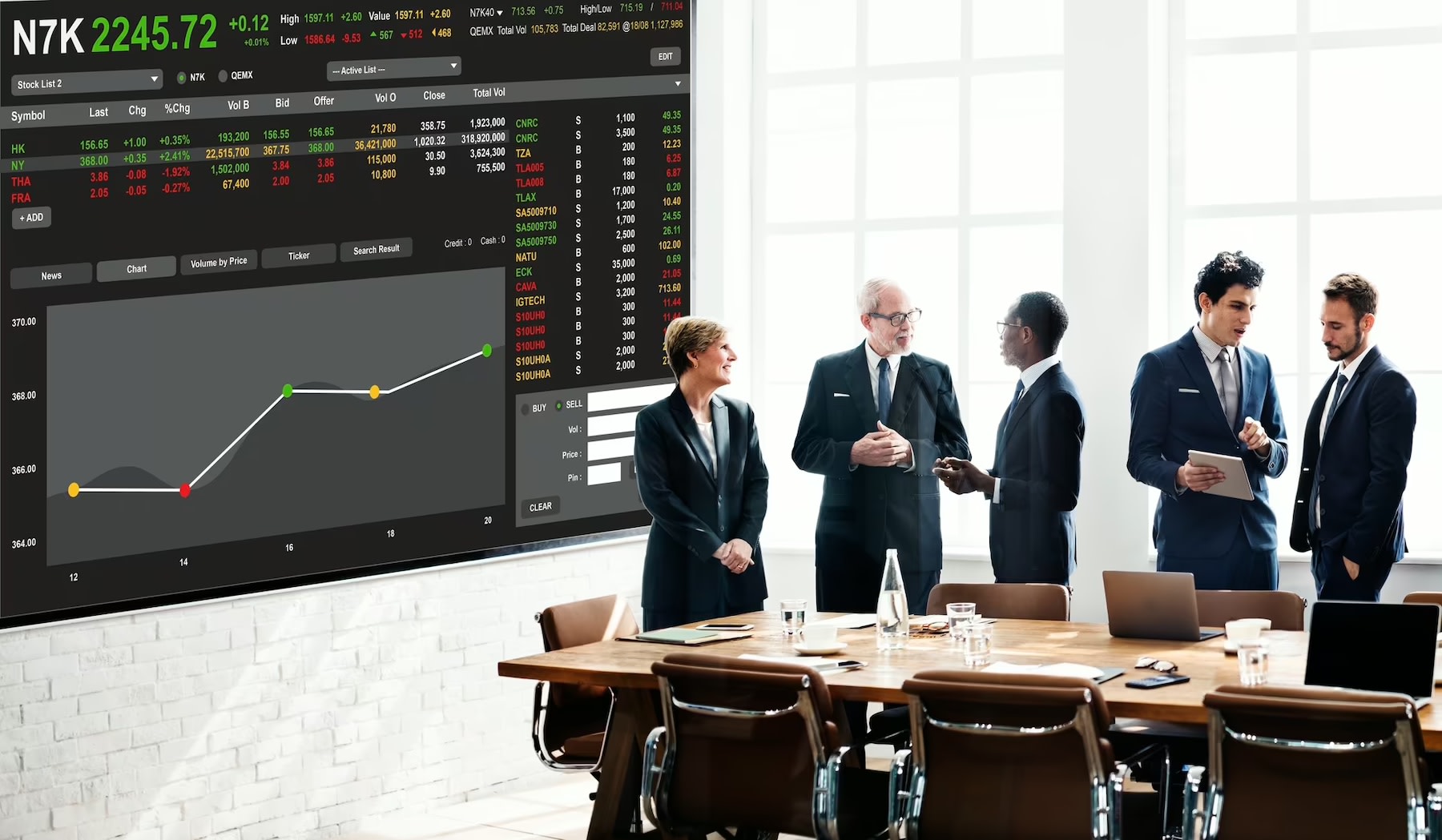Microsoft's New Climate Research Program
Microsoft Corporation

Microsoft is launching the Microsoft Climate Research Initiative (MCRI). A community of multi-disciplinary researchers is working together to accelerate cutting-edge research and innovation in climate science and technology. Researchers will offer transdisciplinary and diverse expertise, particularly in areas beyond traditional computer science.
“As researchers, we’re excited to work together on projects specifically selected for their potential impact on global climate challenges. With Microsoft’s computational capabilities and the domain expertise from our collaborators, our complementary strengths can accelerate progress in incredible ways.”
said Karin Strauss, Microsoft
Microsoft researchers will be working with collaborators globally to co-investigate priority climate-related topics and bring innovative, world-class research to influential journals and venues.
Phase one collaborations
Carbon accounting
Real-time Monitoring of Carbon Control Progress from CO2 and Air Pollutant Observations with a Physically informed Transformer-based Neural Network
Understanding the change in CO2 emissions from the measurement of CO2 concentrations such as that done by satellites is very useful in tracking the real-time progress of carbon reduction actions. Current CO2 observations are relatively limited: numerical model-based methods have very low calculation efficiency. The proposed study aims to develop a novel method that combines atmospheric numerical modeling and machine learning to infer the CO2 emissions from satellite observations and ground monitor sensor data.
AI based Near-real-time Global Carbon Budget (ANGCB)
Mitigation of climate change will depend upon a carbon emission trajectory that successfully achieves carbon neutrality by 2050. To that end, a global carbon budget assessment is essential. The AI-based, near-real-time Global Carbon Budget (ANGCB) project aims to provide the world’s first global carbon budget assessment based on Artificial Intelligence (AI) and other data science technologies.
Carbon reduction and removal
Computational Discovery of Novel Metal–Organic Frameworks for Carbon Capture
Removing CO2 from the environment is expected to be an integral component of keeping temperature rise below 1.5°C. However, today this is an inefficient and expensive undertaking. This project will apply generative machine learning to the design of new metal–organic frameworks (MOFs) to optimize for low-cost removal of CO2 from air and other dilute gas streams.
An Assessment of Liquid Metal Catalyzed CO2 Reduction
The CO2 reduction process can be used to convert captured carbon into a storable form as well as to manufacture sustainable fuels and materials with lower environmental impacts. This project will evaluate liquid metal-based reduction processes, identifying advantages, pinch-points, and opportunities for improvement needed to reach industrial-relevant scales. It will lay the foundation for improving catalysts and address scaling bottlenecks.
Computational Design and Characterization of Organic Electrolytes for Flow Battery and Carbon Capture Applications
Energy storage is essential to enable 100% zero-carbon electricity generation. This work will use generative machine learning models and quantum mechanical modeling to drive the discovery and optimization of a new class of organic molecules for energy-efficient electrochemical energy storage and carbon capture.
Property Prediction of Recyclable Polymers
Despite encouraging progress in recycling, many plastic polymers often end up being one-time-use materials. The plastics that compose printed circuit boards (PCBs), ubiquitous in every modern device, are amongst those most difficult to recycle. Vitrimers, a new class of polymers that can be recycled multiple times without significant changes in material properties, present a promising alternative. This project will leverage advances in machine learning to select vitrimer formulations that withstand the requirements imposed by their use in PCBs.
Accelerated Green Cement Materials Discovery
The concrete industry is a major contributor to greenhouse gas emissions, the majority of which can be attributed to cement. The discovery of alternative cements is a promising avenue for decreasing the environmental impacts of the industry. This project will employ machine learning methods to accelerate mechanical property optimization of “green” cements that meet application quality constraints while minimizing carbon footprint.
Environmental resilience
Causal Inference to Understand the Impact of Humanitarian Interventions on Food Security in Africa
The Causal4Africa project will investigate the problem of food security in Africa from a novel causal inference standpoint. The project will illustrate the usefulness of causal discovery and estimation of effects from observational data by intervention analysis. Ambitiously, it will improve the usefulness of causal ML approaches for climate risk assessment by enabling the interpretation and evaluation of the likelihood and potential consequences of specific interventions.
Improving Subseasonal Forecasting with Machine Learning
Water and fire managers rely on subseasonal forecasts two to six weeks in advance to allocate water, manage wildfires, and prepare for droughts and other weather extremes. However, skillful forecasts for the subseasonal regime are lacking due to a complex dependence on local weather, global climate variables, and the chaotic nature of weather. To address this need, this project will use machine learning to adaptively correct the biases in traditional physics-based forecasts and adaptively combine the forecasts of disparate models.
Source: Microsoft news






